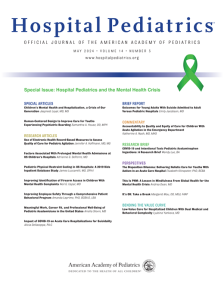 A new eBook, Legacy : A Black Physician Reckons with Racism in Medicine, is now available through the library. Legacy is a journey through the critical intersection of racism and healthcare. At once a searing indictment of our healthcare system, a generational family memoir, and a call to action, Legacy is Dr. Uché Blackstock’s odyssey from child to medical student to practicing physician—to finally seizing her own power as a health equity advocate against the backdrop of the pandemic and the Black Lives Matter movement.
A new eBook, Legacy : A Black Physician Reckons with Racism in Medicine, is now available through the library. Legacy is a journey through the critical intersection of racism and healthcare. At once a searing indictment of our healthcare system, a generational family memoir, and a call to action, Legacy is Dr. Uché Blackstock’s odyssey from child to medical student to practicing physician—to finally seizing her own power as a health equity advocate against the backdrop of the pandemic and the Black Lives Matter movement.
 The MSK library now subscribes to the new eJournal,
The MSK library now subscribes to the new eJournal,  The MSK library now subscribes to the eJournal,
The MSK library now subscribes to the eJournal,